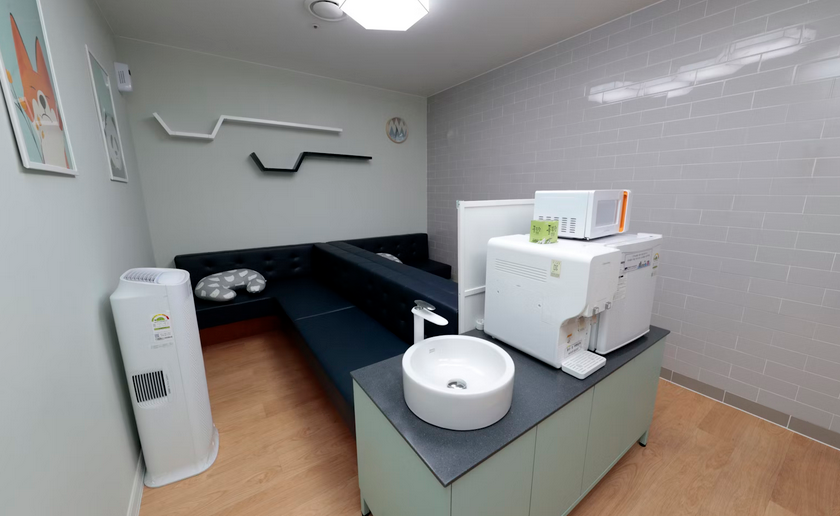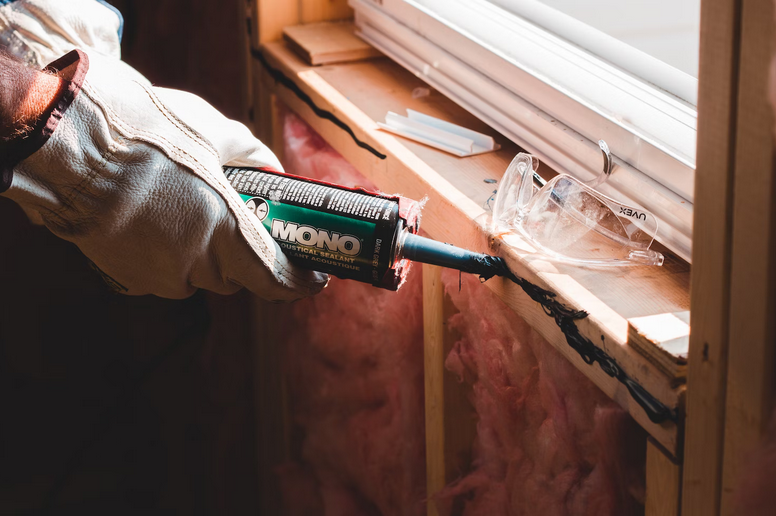How to Improve Indoor Air Quality With Your HVAC System

Indoor air quality refers to the level of pollutants and contaminants present in the air inside a building. These pollutants can come from various sources, including outdoor pollution, building materials, cleaning products, and even human activities like cooking or smoking. Poor indoor air quality can have negative effects on our health, causing respiratory issues, headaches, dizziness, and fatigue. This is why it’s important to improve the indoor air quality in our homes and workplaces, and heating and ac repair is definitely a must. In this article, we will discuss how you can use your HVAC system to improve indoor air quality.
Regular HVAC Maintenance
Proper maintenance of your HVAC system is the first step in ensuring good indoor air quality. Schedule regular inspections and servicing with a professional HVAC technician. This includes cleaning and replacing air filters, checking for leaks, and ensuring that all components are functioning correctly. Regular maintenance prevents the accumulation of dust, allergens, and contaminants within your system.
High-Quality Air Filters
Invest in high-quality air filters for your HVAC system. These filters are designed to capture smaller particles, including dust, pollen, pet dander, and even some bacteria and viruses. Consider using HEPA (High-Efficiency Particulate Air) filters, which are particularly effective in improving air quality.
Ventilation
Proper ventilation is crucial for ensuring a constant supply of fresh outdoor air. Make sure your HVAC system has efficient ventilation, such as mechanical ventilation systems, to exchange indoor and outdoor air. This helps remove indoor pollutants and maintain air quality.
Air Purifiers
 Consider installing air purifiers or air filtration systems within your HVAC system. These devices can effectively remove a wide range of indoor air pollutants, including volatile organic compounds (VOCs), smoke, and even odors. There are various types of air purifiers available, such as activated carbon filters, UV germicidal lamps, and electronic air purifiers.
Consider installing air purifiers or air filtration systems within your HVAC system. These devices can effectively remove a wide range of indoor air pollutants, including volatile organic compounds (VOCs), smoke, and even odors. There are various types of air purifiers available, such as activated carbon filters, UV germicidal lamps, and electronic air purifiers.
Humidification and Dehumidification
Maintaining the right level of humidity is vital for indoor air quality. Your HVAC system can include humidifiers or dehumidifiers to adjust indoor humidity levels. Proper humidity control helps prevent mold growth and ensures comfortable and healthy air.
UV-C Germicidal Lamps
Ultraviolet-C (UV-C) germicidal lamps can be installed in your HVAC system to help disinfect the air. These lamps emit UV-C light that kills or deactivates microorganisms like bacteria, viruses, and mold spores, which can improve indoor air quality and reduce the risk of illnesses.
Sealing and Insulation

Properly sealed and insulated ductwork prevents outdoor contaminants from entering your indoor air. It also helps maintain consistent indoor temperatures and reduces the workload on your HVAC system, ultimately enhancing air quality.
Minimize Indoor Pollutants
To improve indoor air quality, take steps to minimize indoor pollutants. This includes avoiding smoking indoors, using natural cleaning products, and controlling pet dander and allergens. Houseplants can also help purify the air by removing certain toxins.
Your HVAC system can be a powerful tool for improving indoor air quality. By implementing these strategies and investing in the right HVAC components and technologies, you can create a healthier and more comfortable living environment for you and your family. Prioritizing indoor air quality contributes to overall well-being and can help you breathe easier, quite literally.…
